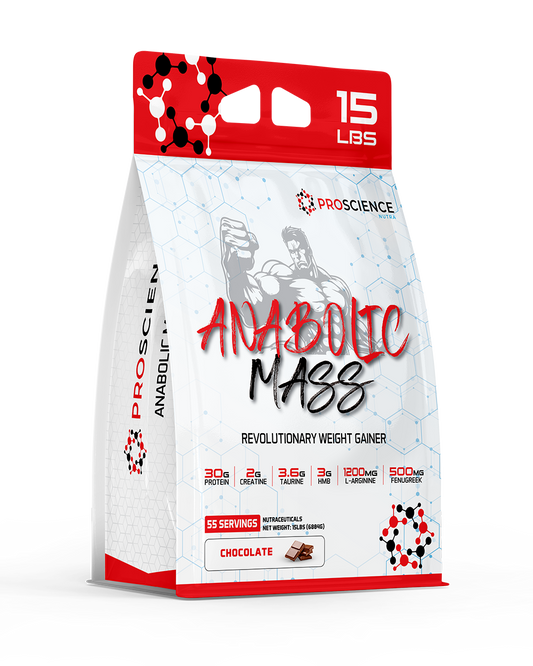
Embracing Your Inner Wolf: A Unique Approach to Nutrition and Fitness
n a world filled with fad diets and one-size-fits-all fitness routines, it's time to break free from the herd and embrace your inner wolf. Wolf Nutrition isn't just about what you eat or how you work out; it's a holistic approach to health and wellness that taps into the primal instincts within us. In this blog post, we'll explore a different perspective on nutrition and fitness that draws inspiration from the majestic wolf.
- The Wolf's Diet
Wolves are known for their keen hunting skills and ability to thrive in the wild. While we may not be chasing down deer in the wilderness, we can draw inspiration from the wolf's diet. Here's how:
-
Instinctual Eating: Wolves eat when they're hungry and stop when they're full. Instead of adhering to strict meal plans, listen to your body's cues and eat mindfully.
-
Natural Foods: Wolves primarily consume natural, unprocessed foods. Incorporate more whole foods, such as fruits, vegetables, lean meats, and nuts, into your diet.
-
Intermittent Fasting: Wolves often experience periods of fasting between meals. Consider intermittent fasting to give your digestive system a break and improve metabolic health.
- The Pack Mentality
Wolves are social animals that thrive in packs. Similarly, we can benefit from a sense of community and support on our fitness journey:
-
Accountability: Join a fitness group or enlist a workout buddy. Having others to share your goals and progress with can keep you motivated and accountable.
-
Shared Goals: Just as wolves work together to hunt, find a group with similar fitness goals. Whether it's weight loss, muscle gain, or overall health, a shared purpose can be powerful.
- Mindful Movement
Wolves are in constant motion, and so should we be. However, it's not just about hitting the gym; it's about moving in ways that feel natural and enjoyable:
-
Outdoor Activities: Embrace outdoor activities that connect you with nature, such as hiking, trail running, or even simply taking long walks in the woods.
-
Functional Fitness: Incorporate functional exercises into your routine that mimic real-world movements, enhancing your overall strength and agility.
- The Power of Rest
Wolves understand the importance of rest and recovery. Overtraining can lead to burnout and injury, so prioritize adequate rest:
-
Sleep: Aim for 7-9 hours of quality sleep each night to aid in muscle recovery and overall well-being.
-
Active Recovery: Engage in low-intensity activities like yoga or gentle stretching on rest days to promote recovery.











